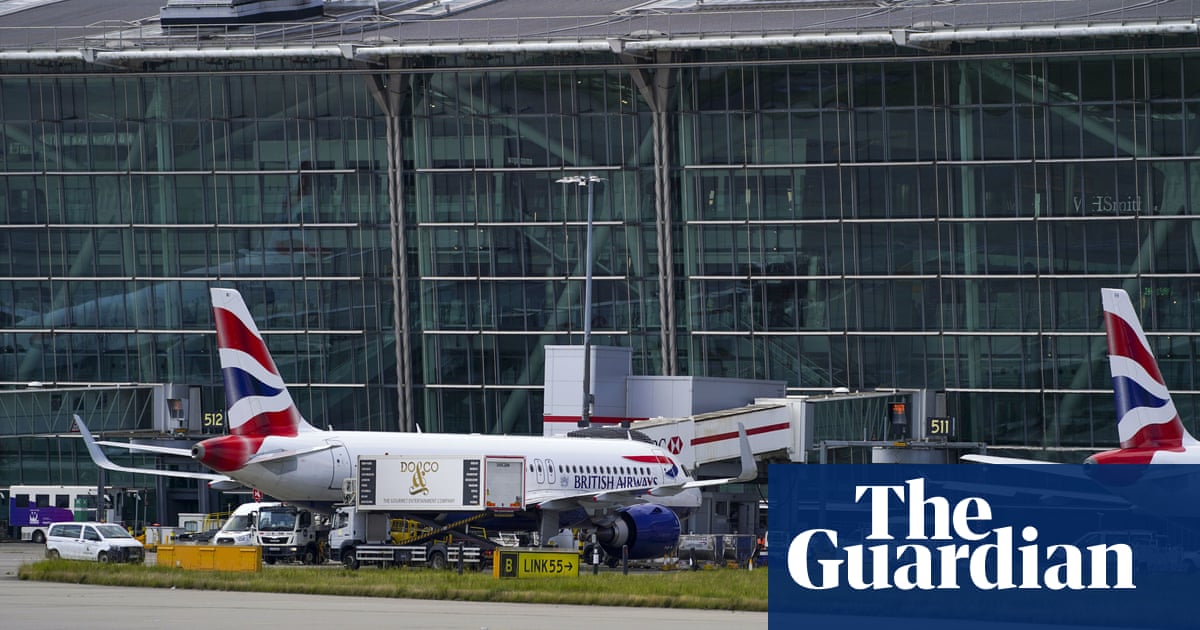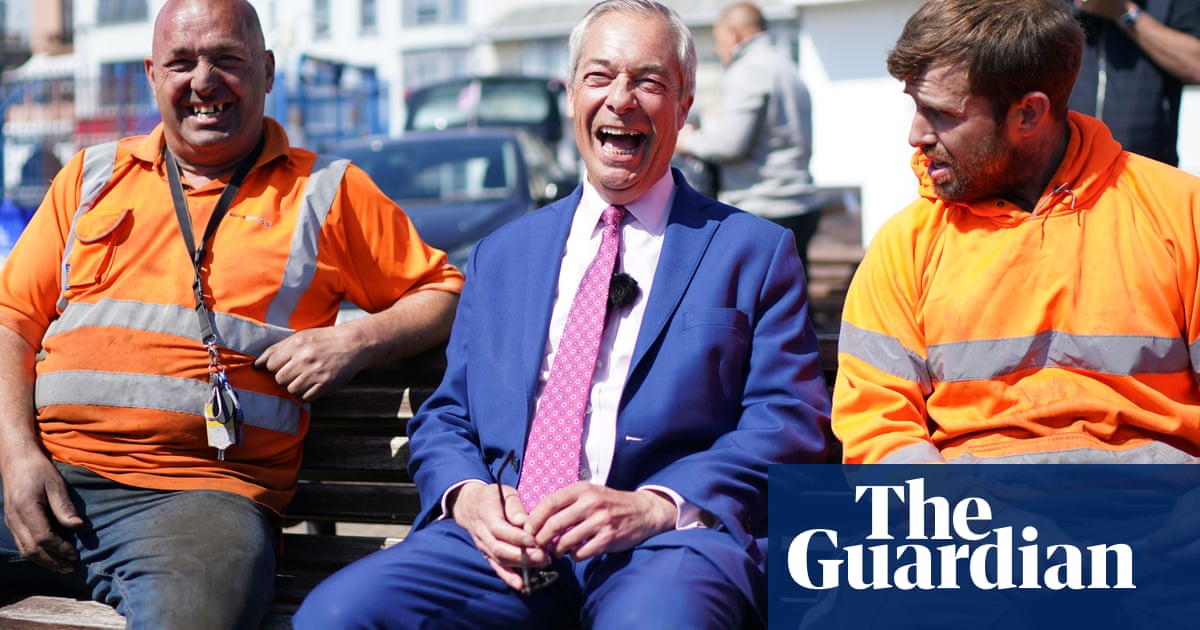Campaigners have truly suggested the chancellor to start exhausting jet fuel– with a document revealing that billing obligation at the very same worth paid by car drivers would definitely elevate roughly ₤ 6bn a 12 months for most people funds.
An analysis by the thinktank Transport & &Environment (T&E) UK claimed presenting a “fair” corresponding to the fuel obligation paid in varied different markets can elevate in between ₤ 400m and ₤ 5.9 bn a 12 months, primarily based upon the 11m tonnes of kerosene eaten by airplanes eradicating from the UK in 2023.
T&E UK claimed the current system implied an teacher driving to varsity would definitely pay much more fuel obligation than an unique jet proprietor would definitely to fly away on trip. Airlines pay no tax obligation on fuel, though varied different tax obligations on journeys, consisting of air visitor obligation, are imposed within the UK.
The document claimed it was a “common myth” that aeronautics fuel can’t be exhausted, with the UK can tax obligation residential journeys and, weblog post-Brexit, journeys to the EU. These characterize 80% of separations. Securing the whole earnings would definitely name for an “anti-tankering” regulation to make sure airline corporations gotten 90% of the fuel for outbounds journey within the UK.
Fuel obligation on diesel or fuel on the pumps is imposed at 52.95 p a litre, and quite a few anticipate Labour to raise the diploma by junking the 5p reduce made by the Conservatives in 2022. A decreased worth of 11p is paid by farmers and rail drivers for crimson diesel.
T&E UK gotten in contact with the chancellor to make use of fuel obligation to each journey legitimately possible and claimed it should be offered at a starting worth of 9p a litre following 12 months, previous to climbing yearly until it matches roadway fuel obligation in 2030.
The thinktank claimed it was not possible to say simply how a lot it could definitely embrace in particular costs, nonetheless claimed it could more than likely make journeys way more expensive.
Its UK plan supervisor, Matt Finch, claimed: “With a £22bn black gap staring the nation within the face, the chancellor must pursue any and all avenues to boost funds. The baffling lack of significant taxation of the aviation business is a slap within the face of drivers, farmers and our ailing rail system, all of which have paid their justifiable share for many years.
“For the sake of the economy and the environment, it’s time to end the unfair anomaly that allows the aviation sector to pollute with impunity while not paying any [fuel] tax.”
after e-newsletter promo
However, airline corporations claimed they did pay appreciable quantities through varied different duties, and changes to the UK exhausts buying and selling plan (ETS) would definitely improve taxes.
Tim Alderslade, the president of Airlines UK, claimed: “The aviation business contributed £3.85bn to the exchequer final 12 months by means of air passenger responsibility and the phasing out of UK ETS free allowances for airways is because of increase between £1.6bn and £4.1bn between 2026 and 2033.
“The sector is fully committed to net zero emissions by 2050 and with the world’s third largest aviation network and proud history of innovation, the UK is in prime position – with government and industry working together – to lead the transition to a net zero future without hurting passengers or damaging aviation’s status as a key UK economic enabler.”



